Posted on 7/31/2023
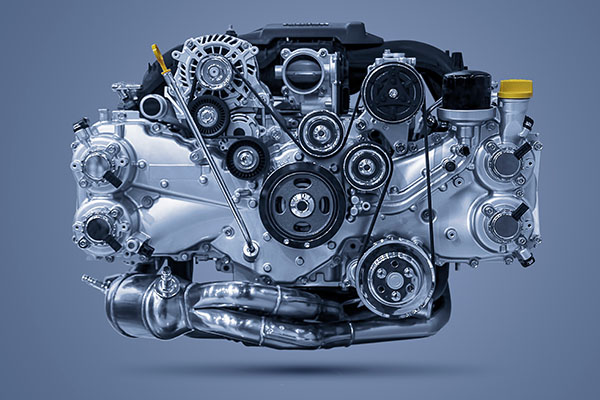
When faced with the prospect of replacing a faulty transmission or engine in a vehicle, car owners are frequently given the option of purchasing a brand-new component or considering a remanufactured alternative such as Jasper Transmissions and Engines. In this post, we'll look at the debate over Jasper parts and compare them to brand-new ones - with that information car owners can make an informed decision that meets their needs and budget by understanding their key differences. Jasper Transmissions and Engines: A Brief OverviewJasper Engines and Transmissions is a renowned remanufacturing company that specializes in refurbishing and upgrading automotive components to meet or exceed original equipment manufacturer (OEM) specifications. Jasper's process involves disassembling, inspecting, cleaning, and replacing worn parts, ensuring the highest quality remanufactured products. Why Choose Jas ... read more
Posted on 6/30/2023

In the vast and ever-evolving world of automobiles, few names carry the weight and historical significance of Ford. As one of the pioneering forces in the automotive industry, Ford has played a pivotal role in shaping the way we drive and perceive cars. Join us as we delve into the past and discover the birth of a legend. The Model A: Henry Ford's First CreationThe first Ford vehicle to roll off the assembly line was the Model A. Designed and built by the visionary Henry Ford, the Model A was introduced in 1903. With a modest 8 horsepower, the Model A featured a two-cylinder engine and an innovative design for its time. Though production of the Model A was limited, it marked the beginning of a revolution that would forever change the automotive landscape. The Model T: Revolutionizing the IndustryWhile the Model A laid the foundation for Ford, it was the in ... read more
Posted on 5/31/2023
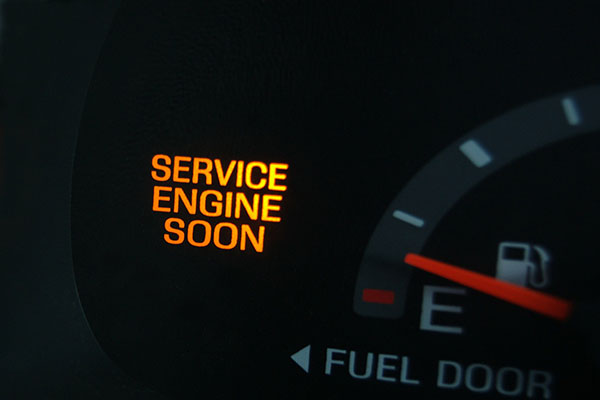
When you see the check engine light illuminate on your car's dashboard, it can be a reason for you to be concerned. This warning light indicates that there is an issue with your vehicle's engine, emission system, or transmission. However, not all check engine lights are the same - some may appear as a solid light, while others may flash. Understanding the difference between a solid and flashing check engine light is crucial in determining the severity of the problem and how urgently it needs to be addressed. Solid Check Engine Light A solid check engine light typically indicates a non-emergency issue with your vehicle. It could be a minor problem such as a loose gas cap, a faulty sensor, or a minor emissions-related issue. While it's important to have the issue resolved, a solid check engine light doesn't require immediate attention. You should still schedule an appointment with a mechanic to diagnose and fix the problem, as ignoring it could lead to ... read more
Posted on 4/29/2023
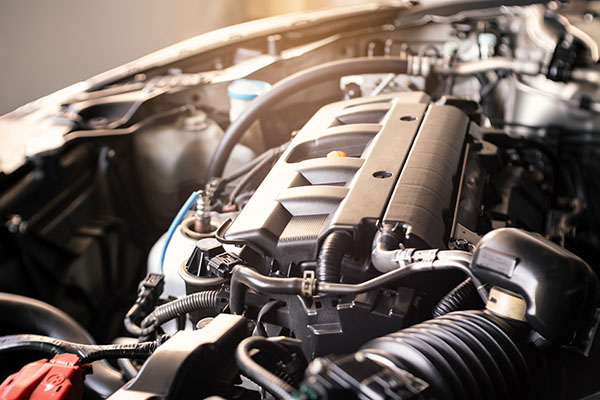
Brake horsepower (bhp or BHP) is a term commonly used to measure the power output of an engine. If you've ever wondered what BHP means and how it relates to your vehicle's performance, you've come to the right place. What Does It Mean? Brake horsepower refers to the power developed by an engine at the output shaft, measured using a dynamometer. It represents the actual usable power that an engine delivers to propel a vehicle. The term "brake" in brake horsepower comes from the early days of engine testing when a brake was used to load the engine and measure its power output. To measure brake horsepower, an engine is connected to a dynamometer, which applies a load to simulate the resistance the engine would encounter in real-world conditions. The dynamometer measures the torque produced by the engine and calculates the power output in HP. This measurement accounts for any power losses due to factors such as friction and mechanical ineffic ... read more
Posted on 3/29/2023
.jpeg)
The emissions system is a vital unit of your vehicle that helps to reduce harmful pollutants and emissions that can be detrimental to the environment and human health. The system is made up of several components that work together to ensure that your vehicle is running cleanly and efficiently. What Parts Make Up the Emissions System? Exhaust Manifold The exhaust manifold is a component that is attached to the engine's cylinder head and collects exhaust gases from the engine. It is designed to direct the gases to the catalytic converter, which is the next component in the emissions system. Catalytic Converter The catalytic converter is an impressive part of the emissions system that you've probably heard before. It helps to reduce harmful pollutants and emissions. It is designed to convert harmful gases like carbon monoxide and nitrogen oxides into less toxic substances like carbon dioxide and water vapor. Oxygen Sensor ... read more
Posted on 2/28/2023
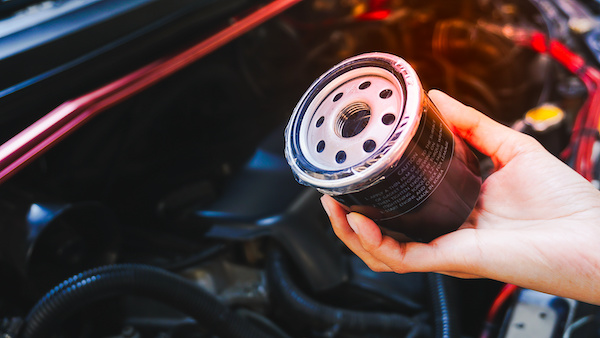
One of the parts in your vehicle that has to be changed regularly is the oil filter. You can either leave it to a mechanic or DIY it. If you choose the second option, you will need to know how it's done. Well, you are in luck because below, you will find a couple of simple steps that will make oil filter changes simple and easy. 1. Gather The Supplies - You will need a new oil filter, jack stands, a jack, and an oil pan (or any kind of container that is for discarding). 2. Park the Car - Secure the vehicle by parking it in the driveway or garage. 3. Locate The Oil Filter - Depending on your vehicle, the oil filter can be either in the engine bay or under the car. 4. Jack Up The Car - Place the jack under the designated lifting spots on either side of your vehicle and raise it. 5. Secure It With A Jack Stand - Once it is off the ground, secure it with a jack stand. 6. Repeat On The Oth ... read more
Posted on 1/30/2023
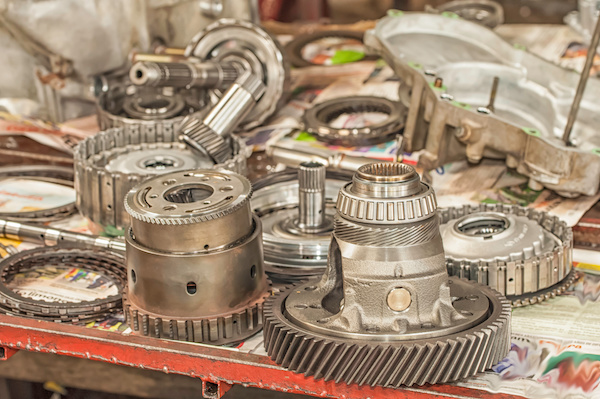
One of the most vital parts of your vehicle is the transmission. Its purpose is to transfer power from the engine to the wheels. A transmission can be automatic, manual, or automatic with a manual function. All of them are complex - needing proper maintenance and repairs. If you are having problem after problem, the best thing you can do is a transmission rebuild. Wondering what that is? Let us explain. What Is A Transmission Rebuild? It is a series of processes that result in better performance and faster shifts. Here are all steps that are included in a transmission rebuild: Carefully removing the transmission from your vehicle. Completely dismantling it. Inspecting and, if needed, replacing damaged parts. Cleaning all big and small components with a chemical solution. Installing new gaskets and seals. Repairing any faulty electric components. Putting the transmission together and installing it back. While everything that goes into a complete rebuild takes time, you are pre ... read more
Posted on 12/30/2022
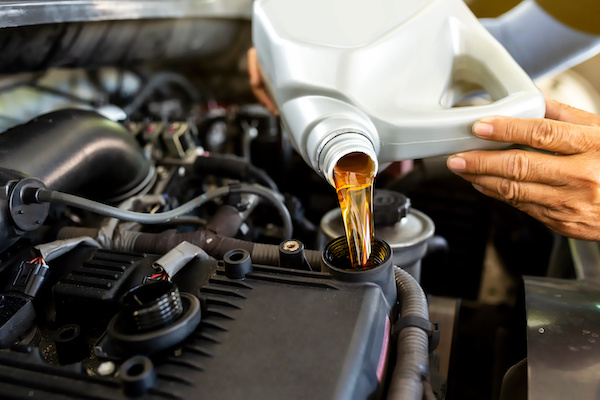
Your car is a significant investment and one of your most essential things. It's vital to take proper care of your car to provide reliable performance for as long as possible. To do this, preventive maintenance is key. By regularly performing car preventive maintenance services, you can avoid costly repairs by catching minor problems before they become big ones. Below are some of the top car preventive maintenance services you should consider to keep your vehicle running safely and efficiently. Oil Change An oil change is one of the most basic and necessary forms of car maintenance. You can keep your engine running smoothly and efficiently by changing your oil regularly, typically every 5,000 miles or six months. This is especially important for high-performance vehicles that require a higher oil quality. Tire Alignment Another necessary preventive maintenance service to consider is a tire alignment checkup. This helps ensure that your tires are correctly aligned, wear evenly ... read more
Posted on 11/22/2022
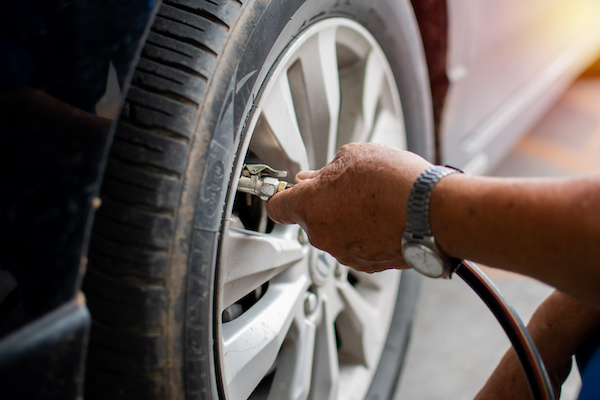
When you think of tire maintenance, one of the first things that should pop in your head is tire pressure. Tire pressure checks are one of the simplest, yet effective, ways to keep your tires in good shape. And the best part is, you can do it by yourself without relying on your trusted mechanic. Why Is Tire Pressure So Important? Properly filled are a must to protect your safety on the road. When you maintain the right tire pressure, typically measured in PSI or pounds per square inch, your vehicle is able to make proper surface contact with the road. Most tires are inflated between 30-35 psi, but you should always refer to your manufacturer’s owner’s handbook to be sure. You can find your vehicle’s recommended tire pressure on the driver’s door jamb sticker too. Tire pressure is so important because improper tire pressure can put you or your car at risk of a tire blowout when it is overly inflated. When your tires are under inflated, they will w ... read more
Posted on 10/31/2022
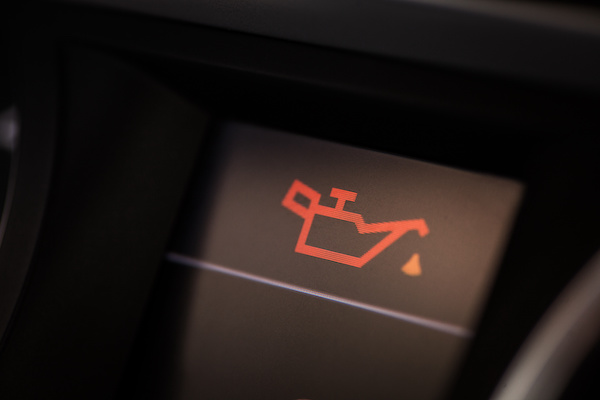
The little lights on your dashboard rarely come on, and when they do, it often means there's something wrong. Once the oil light catches your attention, you'll often start wondering how long it has been on and how much of an emergency you've had. It would help if you didn't fret because that's an early warning sign of a problem, not an actual one. So, why does your oil light come on? Read on to know the possible causes that make the light pop up and whether it's safe to drive with the light on. Why does the oil light turn on? A lit oil light often shows low oil pressure in your vehicle or low engine oil levels. Low oil pressure often results from various factors, including oil leaks, dirty oil, or lack of an oil refill. Also, a faulty oil pump or a malfunctioning oil pressure sensor may cause the light to turn on. Can you drive with the oil light on? No. You shouldn't drive with the oil light on unless you have an emergency or want to move your car off ... read more